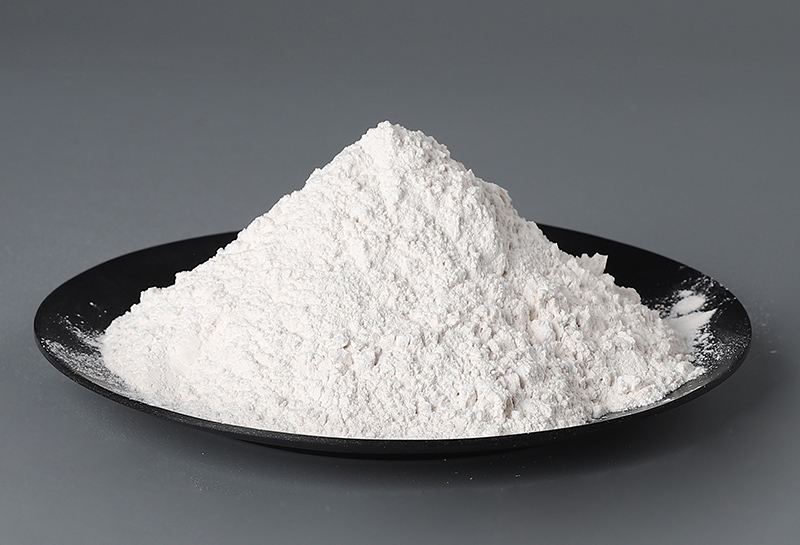Feb. 20, 2024
Silica powder is a versatile material with a wide range of applications across various industries, from cosmetics to construction. Understanding the different types of silica powder is crucial for selecting the right one for your specific needs. In this comprehensive guide, we delve into the various types of silica powder, their characteristics, and their uses.
Silica powder, also known as silicon dioxide powder, is a compound composed of silicon and oxygen atoms in a ratio of 1:2. It is naturally found in the earth's crust in various forms, including quartz, sand, and glass. Silica powder can be synthesized through processes such as precipitation, vaporization, and combustion.

Fumed silica powder, also known as colloidal silica, is produced by burning silicon tetrachloride in a flame composed of hydrogen and oxygen. This process results in the formation of ultra-fine particles with high surface area and purity.
Applications: Fumed silica powder is widely used as a thickening agent, anti-settling agent, and reinforcing filler in various industries, including paints, adhesives, coatings, and composites.
Precipitated silica powder is manufactured through the neutralization of sodium silicate with sulfuric acid, followed by precipitation and drying. This process yields a white, amorphous powder with controlled particle size and porosity.
Applications: Precipitated silica powder finds applications in rubber compounding, toothpaste formulation, food processing, and pharmaceuticals due to its excellent absorbent and abrasive properties.
Quartz powder is a crystalline form of silica that is ground into a fine powder. It is primarily composed of silicon dioxide and may contain traces of other minerals.
Featured content:Applications: Quartz powder is used in the production of glass, ceramics, electronics, and abrasives. Its high purity and thermal stability make it suitable for various industrial processes.
Silica gel powder is a porous, granular form of silica obtained by drying and milling silica gel. It has a high surface area and is capable of adsorbing moisture and other substances.
Applications: Silica gel powder is commonly used as a desiccant in packaging, humidity control in electronic devices, chromatography, and drying of solvents and gases.
Diatomaceous earth powder is a natural, sedimentary rock composed of fossilized diatoms, a type of algae. It is processed into a fine powder that is highly absorbent and abrasive.
Applications: DE powder is utilized in filtration, insecticides, abrasives, and dietary supplements due to its porous structure and chemical inertness.
In conclusion, High Purity Silica powder encompasses a diverse range of materials, each with unique properties and applications. Whether you require a fine particulate for thickening agents or a porous material for moisture control, there is a type of silica powder suited to your needs. By understanding the characteristics of each type, you can make informed decisions in selecting the most appropriate silica powder for your application.
Featured content:Previous: None
Next: None
Related Articles
If you are interested in sending in a Guest Blogger Submission,welcome to write for us!
All Comments ( 0 )